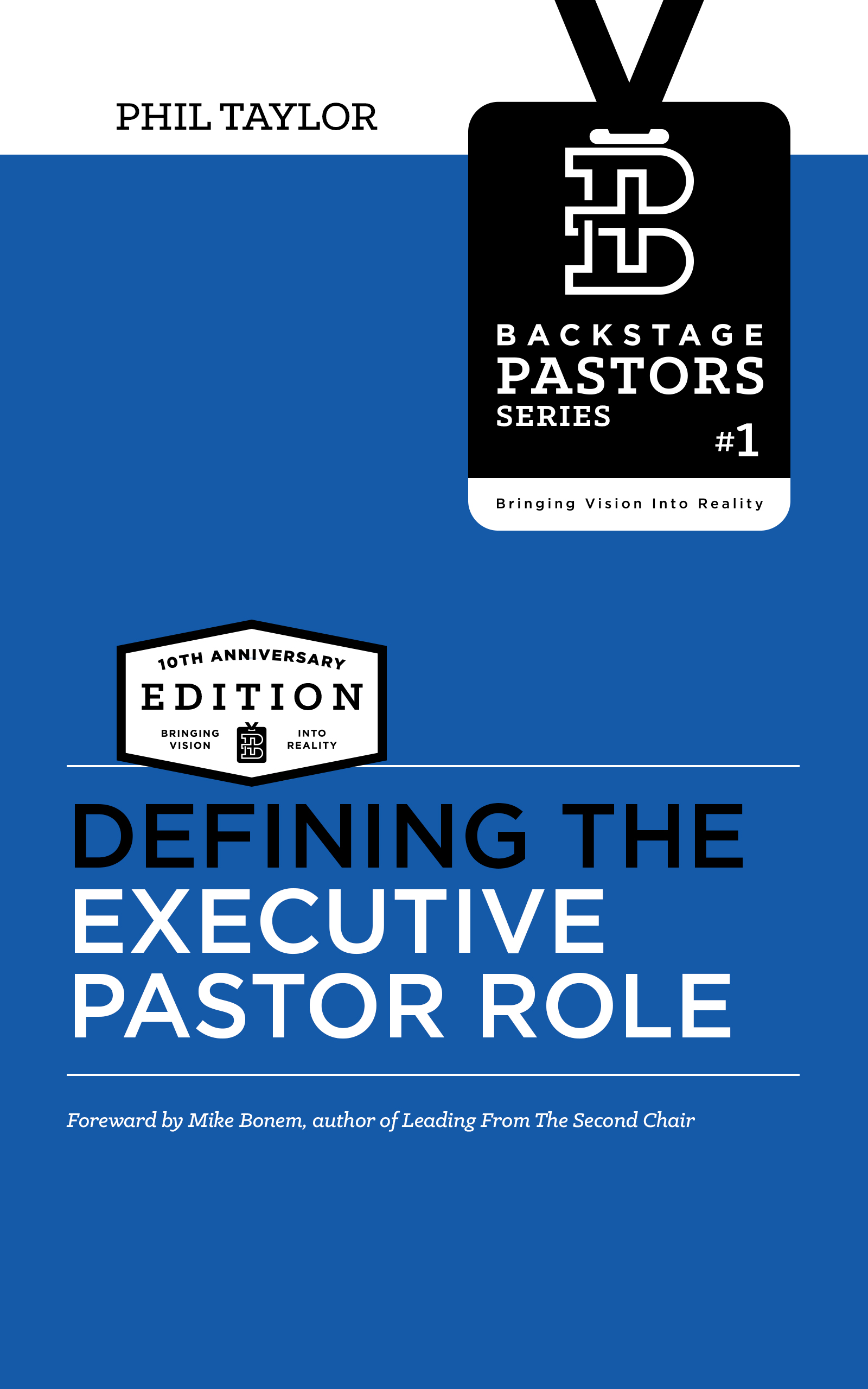Most people want to climb up the ladder of their career. I climbed down it because that’s what God called me to. Read the story below.
(This article originally appeared on the Acts 29 Network Blog).
On my 28th birthday, having settled into the lead pastor role at a comfortable suburban church with good people and a nice lawn, I decided it was high time to begin planning for retirement. Sitting down with a financial planner I learned the finer points of risk management, investment windows and mutual fund product mixes. Here was the verdict-I was on the front end of a forty year investment window which suggested the need for an aggressive high risk fund mix. “While you’re young”, he said, “you can afford to take a risk so that over a lifetime, you will have a greater return on your investment”. This made sense to me and as my financial planner started to geek out on some dividend chart that looked like a foreign language, my mind began to wander. “What if I applied investment terminology and thinking to my 40 years of future pastoral ministry? Would I do things differently?”
This kicked off a time of intense personal evaluation which led me to a few conclusions about myself:
1) I liked preaching, but the thought of doing it every week for the next 40 years made me want to gnaw my own arm off in protest.
2) I loved the daily management of church life.
Around this same time, I started to notice a trend. Most of my lead pastor friends were the complete opposite of me. They would tell me how much they loved preaching, and how everything else just felt like a distraction. I would tell them how my favorite week as a pastor was the week that I spent 50 hours writing a manual for our new member’s class. They would just shake their heads and say “Do you want to come work for me?”
I came to the conclusion that if I continued to serve as a lead pastor for the rest of my life I might see moderate success, but I would not be giving God the greatest return on the investment he had made in me. This hit me like a ton of bricks. After all, I had a degree from a real seminary, not some mail order deal. My church was growing, people were coming to Christ, offerings were up, I was developing leadership, but every week as I would prepare my sermon I would be dreaming of the next week I didn’t have to preach. Certainly, this was no way for a lead pastor to feel.
“So now what?” I thought. Should I get my resume together? Start searching the pastoral versions of monster.com? Prepare my resignation speech? After much prayer, and many conversations with those who knew me well, I came to a few realizations:
1) I would not be a lead pastor forever.
2) I should stay put until God made it really clear that it was time to move.
3) I didn’t need to worry about a resume; the job would come to me.
4) My life’s mission as a pastor was very simple . . . come alongside of a gifted communicator/visionary type who had the potential to make a generational impact, but who needed someone organized to pull it all together.
5) I was probably going to be in a new church.
Around this time (04′), I started working with Ed Marcelle (Terra Nova Church) to plan an Acts 29 boot camp in the Northeast. Things went well and we realized how nicely our personalities complemented each others. Ed had beautiful, artistically driven ideas but couldn’t organize his way out of a paper bag if someone handed him a GPS and the entire Microsoft Office Suite. I was nearly void of original thought, like Ayn Rand’s Peter Keating, but took a sick pleasure in Excel spreadsheets and systems development.
Before we knew it we were discussing Ed’s dreams of what a new church might look like if he were to plant again. Scott Womer, our worship arts pastor, joined the discussions and slowly God made it clear to me that Ed Marcelle and the developing plan to begin Terra Nova Church fit God’s calling on my life perfectly. When the time was right, I resigned from my comfortable suburban church and began affecting the urban cultural fabric that Terra Nova is seeking to reach. Ed is able to focus on teaching, preaching, vision casting, leadership development and diplomatic connections. I’m able to support him in that, taking the pulpit a dozen times a year, doing a good percentage of the counseling, implementing new projects and initiatives, and most importantly, keeping the church running smoothly so that he doesn’t have to.
Here’s what I’ve learned so far:
1. Not every lead pastor should be a lead pastor, even if he does a decent job at it.
2. There is no shame in being a second chair pastor if that is what God has called you to (even though many will act as though only lead pastors have something to offer).
3. It really is all about God getting the greatest return on the investment he has made in you, which is another way of saying that you should invest the life you have to bring the greatest amount of glory to God . . . even if it means giving yourself a demotion and climbing down the ladder.











